We’ve all seen concrete that isn’t freshly poured and looking to perfection. Concrete is prone to staining and cracks. Over time it can also start to look weathered with chunks missing. All of these imperfections add up and contribute to an area’s overall appearance. Like many other materials, concrete is able to be repaired and restored. In this definitive guide, we check out concrete paver restoration and paver sealing, providing you with valuable insights and answers to commonly asked questions.
Why Consider Concrete Paver Restorations?
Over time, all concrete surfaces are subjected to harsh weather conditions, increased foot traffic, and even bird droppings. As a result, they may develop cracks, stains, or an overall worn appearance. Restoration offers an effective solution to turn back the clock and give pavers a like-new appearance. By choosing to restore pavers, you can extend their lifespan, enhance their durability, and revitalize the overall look of your outdoor spaces. Whether it’s your driveway, patio, or pathways, concrete restoration can breathe new life into your surfaces and certainly beautify the exterior of your home.
What Types of Problems Are Solved With Restorations?
With concrete restoration, there are several issues that can be addressed. Also, any area that has concrete and imperfections can be fixed. Typical areas that can be fixed include garage floors, concrete driveways, walkways, steps, patios, and pool decks. With longer exposure to the weather and UV lights, concrete can break, crack, and discolor. Restorations fix all of these and can even smooth the feel of concrete.
The typical concrete restoration process will check the integrity of the concrete if it is level, and how extensive the cracking is, and create a plan of action. Typically restoration services are limited to the aesthetics like cracks, chipping, etc. Filling in these areas with a concrete patching compound and smoothing is one-way restorations take place.
What Is Paver Sealing?
Protective coatings are applied to all sorts of materials. For certain automotive parts, ceramic coatings are used to protect against high heat. Your patio pavers and concrete services can be guarded with a process known as paver sealing. Sealant guards against stains, color fading, and weeds and can even act as a weed barrier. Homeowners are often blown away at just how good pavers look after a sealant application—that the colors are bolder. In addition to all of these terrific benefits, sealer also extends the life of concrete.
Paver sealant is available in water-based and solvent-based options. It can also be applied either by spray gun or by roller. Depending on who you have performed the service, they might have a preferred method of application. Most agree that spraying a sealer is a better way to get all over the application without clumping. However, the application process will depend on what sealant you use or if you select film-forming sealant or non-film-forming sealant.
Frequently Asked Questions About Paver Sealing:
Are you considering a Paver Sealing Service Near Me for your home? If so, you likely have many questions you’d like to ask the company before they get started. After all, protecting your home is an investment, and it’s a terrific idea to have as much knowledge as possible—especially if you’ve never had the service done before.
How Much Does Paver Sealing Cost?
The average cost of paver sealing will vary on factors like the area you’re treating, the type of pavers you have, and the sealant your contractor will use. Different sealants range in pricing, and The service itself can range anywhere from $1 to $3 per square foot. If an area needs to be excessively cleaned, such as power washing, this would be an additional service. Pressure washing is often $100, sometimes more if the area is larger. The surefire way to learn how much a paver sealing service costs is to contact a pro near you for an estimate. Often companies will provide free estimates, which is great for comparison shopping.
How Long Is The Application Process-Dry Time?
Again, this is based on the project size and product used. The application of a sealant isn’t all that time-consuming. But the prep work that goes into preparing the surface might be. You want all debris cleaned off, the area pressure washed and dried, and no obstacles in the way when applying the product. If someone has to do all of these things first, the application time will be extended just as the cost will as well. Most sealants require at least one heavy coat with a few hours of dry time. A second coat can be applied to give greater protection or simply to increase the gloss effect.
You might be wondering when you can use your concrete areas after a sealant has been applied and the restoration work has been completed. Most experts recommend 24 to 48 hours of dry weather during the application process. They advise customers to not use these surfaces for at least 48 hours to prevent staining or the product from not curing properly. Again, this too will vary on the company you work with and its products. We recommend having a conversation during your consultation to get exact details.
How Long Does Paver Sealing Last?
As with any investment, you might be curious as to how long a paver sealing service will last. While there are many factors, including what type of sealant you use, the expected longevity is around 3-5 years. We highly recommend recoating pavers before five years just to ensure maximum protection of the concrete. Because the cost of sealant isn’t as expensive as replacing concrete, it is in a homeowner’s best interest to maintain the look and integrity of surfaces like patios, pool decks, etc.
Pool decks are prone to chlorine water and excessive UV rays. Because of this, they may need retreatment sooner than in other areas outside your home. We recommend that you can consider pool deck sealants applied every year to every other year for the best protection and results.

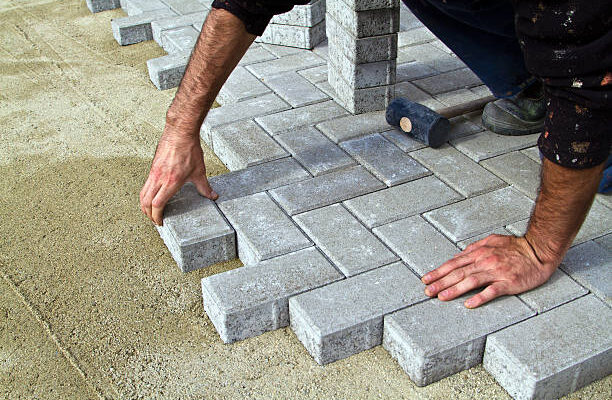
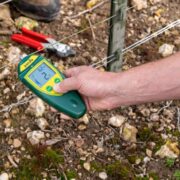
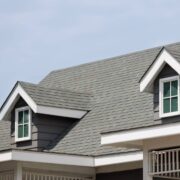


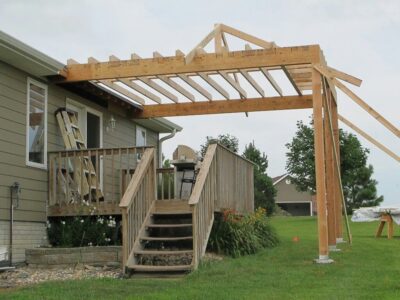
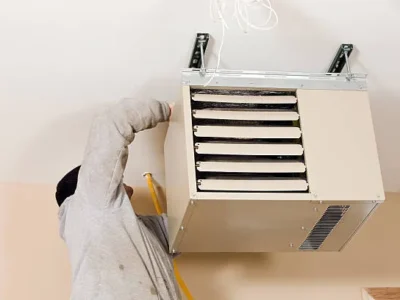
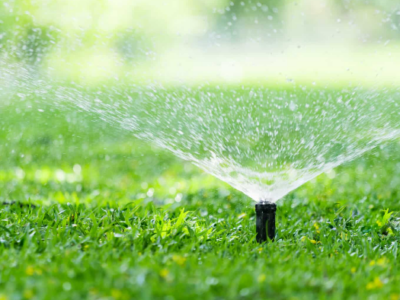

Comments